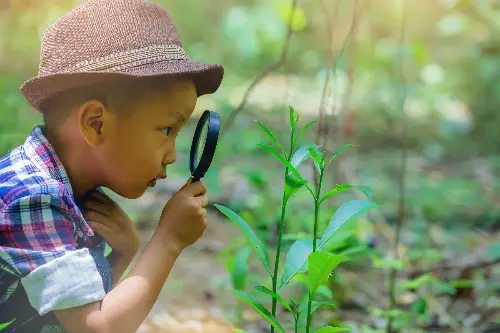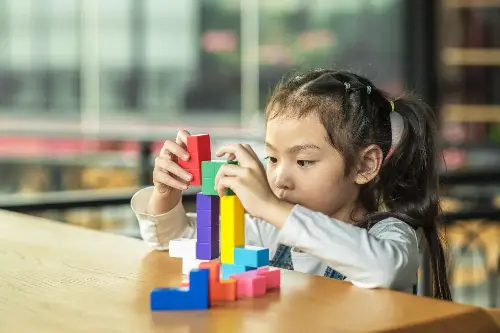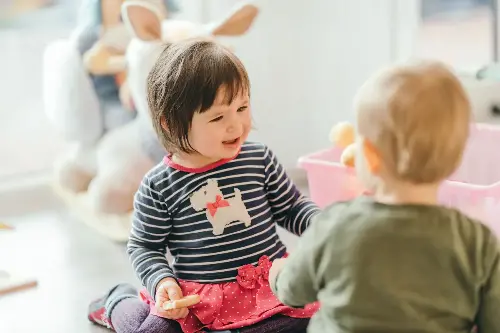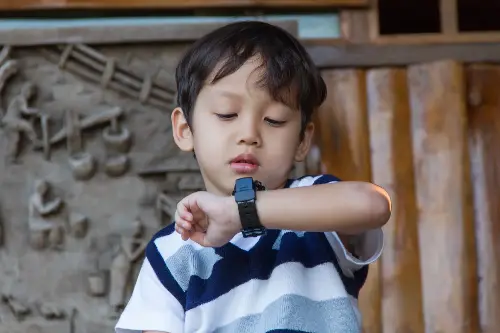In an ever-evolving world, the importance of fostering curiosity in children cannot be overstated. Curiosity is the engine that drives us to explore, learn, and ultimately understand the world around us. For children, this fundamental habit works as a catalyst for lifelong learning. It is a springboard for discovery and innovation and helps to instill a sense of wonder and excitement about life's possibilities.
Cultivating Curiosity: The First Step to Lifelong Learning

From a young age, children who are encouraged to ask questions and seek out answers develop stronger critical thinking skills. Parents and educators who nurture curiosity contribute to the development of independent and adaptive thinkers capable of tackling complex problems. This is particularly crucial in a future that promises to be dominated by new technologies and unforeseeable challenges.
Building Resilience: Bouncing Back Stronger

Equally critical is the development of resilience. This is the psychological muscle that allows individuals to recover from setbacks and adapt to changing circumstances. In childhood, this habit is developed through experiences that teach kids to cope with disappointment, handle stress, and overcome obstacles.
Through managing small failures and learning to cope with everyday challenges, children learn that setbacks can be a valuable source of feedback and growth. Parents can play an integral role in this by modelling resilience themselves, offering support when children face difficulties, and encouraging a healthy perspective on failure. A child who understands that failure is not the opposite of success but a stepping stone to it, is well-prepared for the ups and downs of life.
Embracing Empathy: Connecting with Others

Navigating the complexities of human relationships requires a strong sense of empathy. This is an often-overlooked but essential trait that allows individuals to build meaningful connections with others. Empathy not only enhances social interactions but also fosters a sense of community and understanding.
Teaching empathy begins with encouraging children to consider the feelings and perspectives of others. This can be cultivated through discussions about emotions, teaching active listening skills, and promoting acts of kindness. Children who learn to appreciate diversity and view situations from multiple viewpoints are more likely to succeed in an increasingly interconnected world.
Inculcating Time Management: Mastering the Clock

Another foundational habit with long-term benefits is time management. In our fast-paced society, the ability to organise and prioritise is invaluable. Good time management enables children to balance work and play, reduce stress, and achieve goals more efficiently.
Educating children about planning and setting priorities, along with the use of tools like calendars and to-do lists, can be incredibly beneficial. This not only helps them in their academic pursuits but is a skill that translates into personal and professional realms in adulthood. The self-discipline they learn from managing their time will serve them in countless ways as they grow older.
In conclusion, while academic achievements and extracurricular activities are often the focus of child development, it is essential not to neglect the fundamental habits that lay the groundwork for a successful future. Curiosity, resilience, empathy, and time management are crucial traits that we should strive to instill in our children from a young age. By doing so, we empower them to thrive no matter what the future holds. By enriching our children’s lives with these key skills, we are not only investing in their future but in the future of our global community.
